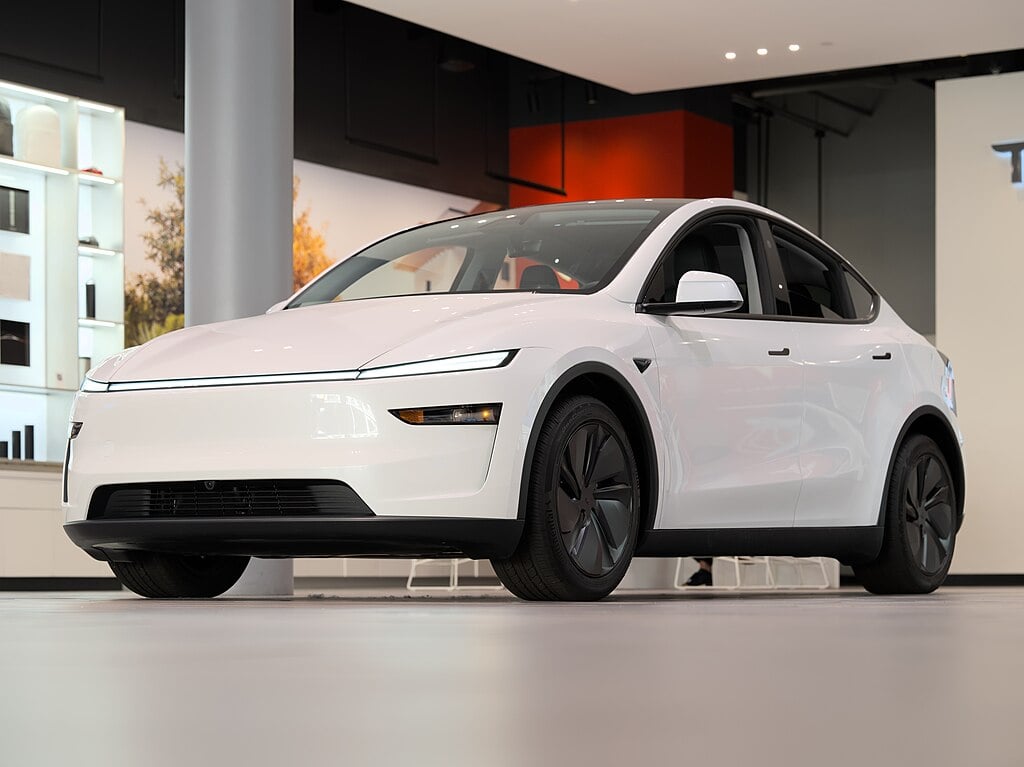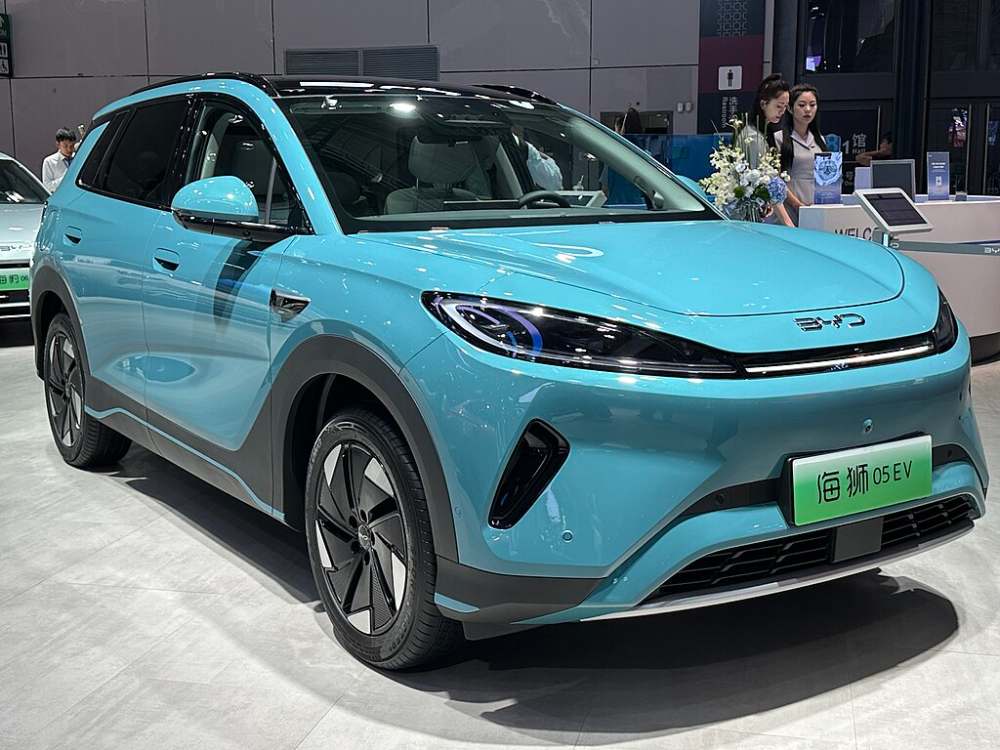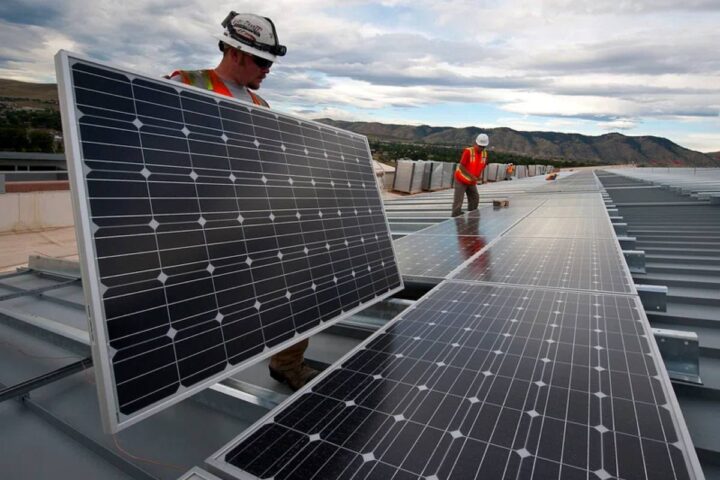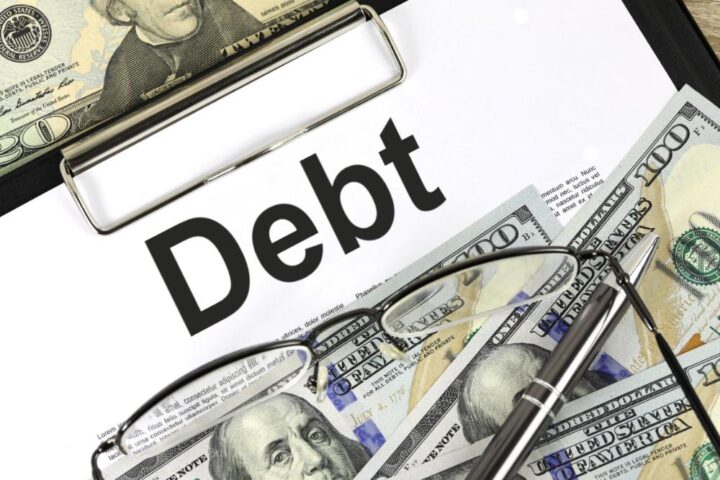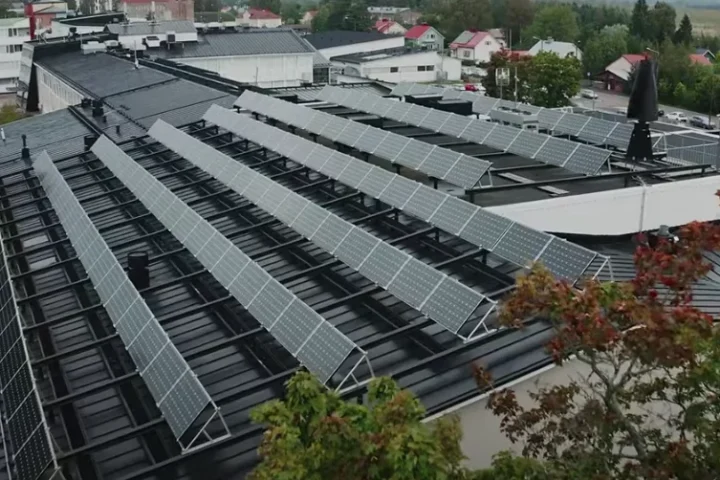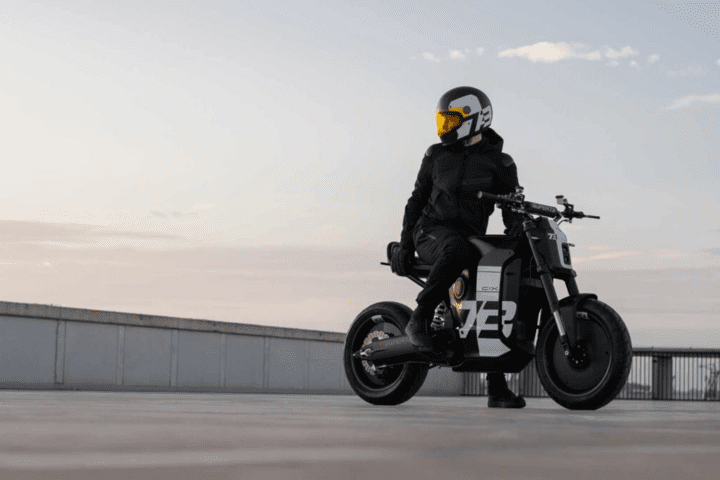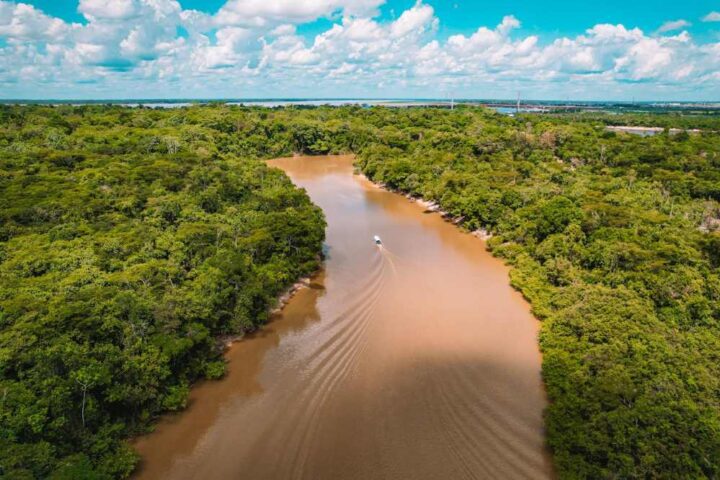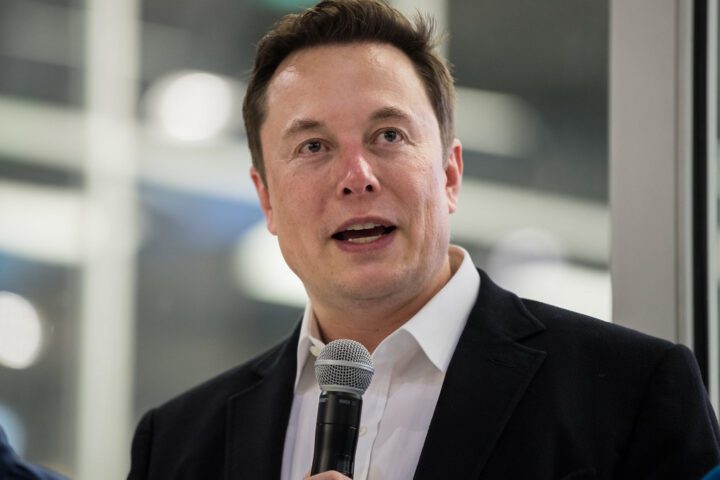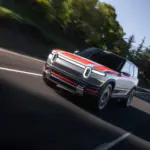Tesla will officially launch in India on July 15, 2025, with the opening of its first “experience center” in Mumbai’s upscale Bandra Kurla Complex (BKC). This marks a major milestone for the American electric vehicle giant, after years of back-and-forth about entering the world’s third-largest car market.
The 4,000-square-foot retail space is strategically located near Apple’s flagship store, targeting premium customers. Tesla has already imported several Model Y SUVs from its Shanghai factory for this launch. These cars were declared at ₹27.7 lakh ($31,988) each, but high import duties of about 70% plus other taxes will push the final price to over ₹47 lakh ($56,000).
“This is Tesla’s formal entry into India through the opening of the Tesla experience center,” the company stated in its media invitation. Despite CEO Elon Musk’s previous complaints about India’s high import duties, the company has moved forward with selling imported vehicles rather than setting up local manufacturing.
The Model Y rear-wheel drive SUV will be the first Tesla vehicle available to Indian customers. This crossover SUV is currently Tesla’s best-selling model worldwide. It offers features like power-adjustable heated and ventilated seats, a 15-speaker sound system, a hands-free trunk, and multiple safety technologies including automatic emergency braking and collision warnings.
Tesla has imported about $1 million worth of cars, chargers, and accessories into India between January and June 2025, mainly from China and the United States. This includes six Model Y vehicles, with five standard versions valued at $32,500 each and one long-range version at $46,000.
Similar Posts
Beyond the Mumbai showroom, Tesla has secured other properties in India: a service center in Kurla West (Mumbai), an engineering hub in Pune, and a registered office in Bengaluru. A second experience center is expected to open in Delhi’s Aerocity soon after the Mumbai launch.
The company has ramped up hiring for its India operations, advertising positions for store managers, sales and service executives, as well as supply chain engineers. These roles are primarily based in Mumbai and Delhi.
Union Minister for Heavy Industries H.D. Kumaraswamy recently stated that Tesla is “not keen” on manufacturing in India at the moment and primarily intends to sell imported vehicles. This comes despite India’s new EV policy aimed at attracting global manufacturers with reduced duties in exchange for local production commitments.
Tesla’s entry into India comes at a strategic time as the company faces production surpluses and slowing demand in other key markets like Europe and China. Though India’s EV market is growing rapidly, premium cars make up less than 2% of the overall passenger vehicle market, and EVs account for just over 5% of new passenger vehicle sales.
U.S. President Donald Trump has commented that if Tesla were to build a factory in India to avoid tariffs, it would be “unfair” to the United States.
For Indian consumers, Tesla’s arrival represents access to one of the world’s leading electric vehicle brands, though at a premium price point that puts it in competition with luxury offerings from established brands like Mercedes-Benz, BMW, and Audi, as well as domestic manufacturers expanding their EV offerings.
